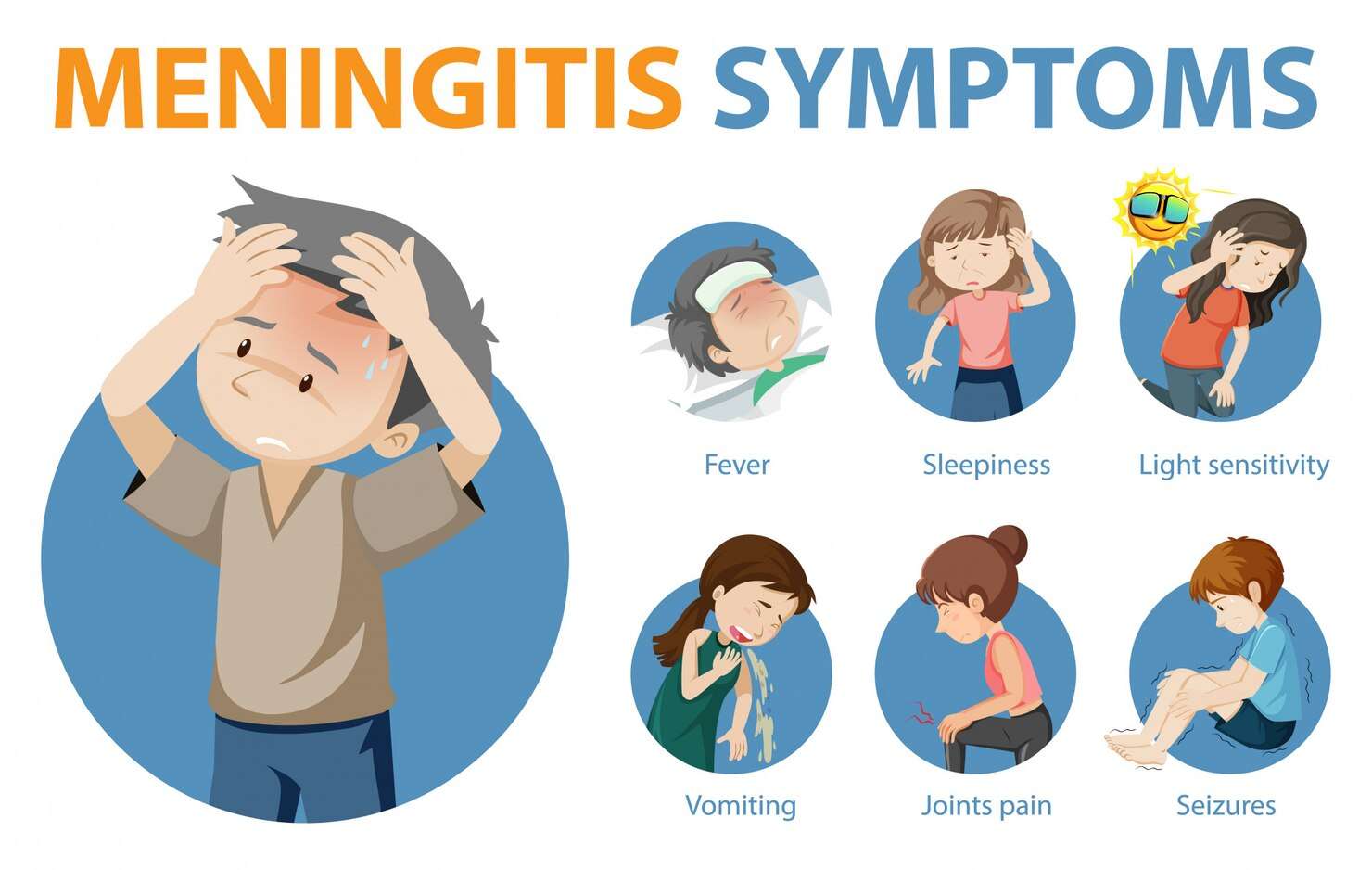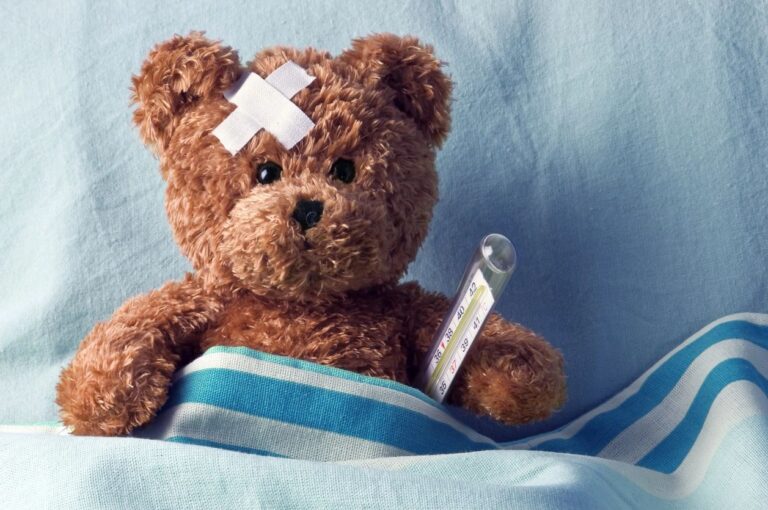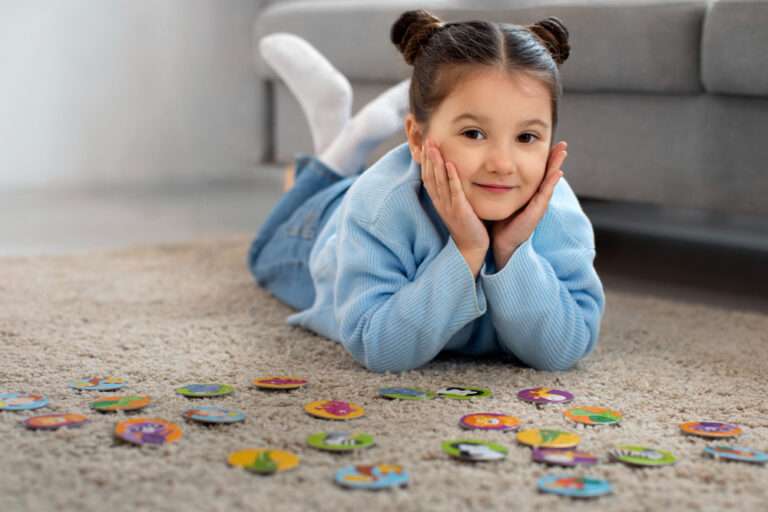Meningitis in Children
Meningitis is a serious and potentially life-threatening inflammation of the membranes (meninges) that surround the brain and spinal cord. It can be caused by bacterial, viral, or fungal infections, and occasionally by other factors such as injuries, cancer, or certain drugs. In children, meningitis is a particularly concerning condition because of how quickly it can progress and the risk of severe complications or death if not treated promptly.
Types of Meningitis in Children
- Bacterial Meningitis: This is the most severe form of meningitis and requires urgent medical treatment. Common bacteria that cause meningitis in children include Neisseria meningitidis, Streptococcus pneumoniae, and Haemophilus influenzae type b. Symptoms typically include high fever, headache, stiff neck, vomiting, sensitivity to light, and confusion. Bacterial meningitis can lead to severe complications such as brain damage, hearing loss, or learning disabilities.
- Viral Meningitis: Generally less severe than bacterial meningitis, viral meningitis (also known as aseptic meningitis) is more common and often resolves without specific treatment. Enteroviruses are the most common cause of viral meningitis in children. Symptoms are similar to those of bacterial meningitis but are usually less intense.
- Fungal Meningitis: This is less common and typically occurs in individuals with weakened immune systems. Fungal meningitis is treated with long courses of high-dose antifungal medications.
Symptoms of Meningitis in Children
The symptoms of meningitis in children can develop rapidly, and early symptoms may be similar to those of flu, making early diagnosis challenging. Symptoms include:
- High fever
- Severe headache
- Stiff neck
- Sensitivity to light (photophobia)
- Nausea and vomiting
- Confusion or difficulty concentrating
- Seizures
- Sleepiness or difficulty waking up
- Lack of appetite or feeding problems in babies
- Irritability or unusual crying in babies
- Bulging fontanel (soft spot on the head) in babies
Diagnosis and Treatment
Diagnosis of meningitis typically involves a physical examination and possibly tests such as blood tests, imaging scans, and a lumbar puncture (spinal tap) to analyze cerebrospinal fluid.
Immediate treatment is critical, particularly for bacterial meningitis. Bacterial meningitis is treated with intravenous antibiotics and sometimes corticosteroids to reduce inflammation. Viral meningitis usually requires supportive care, such as rest, hydration, and pain relievers.
Prevention
Preventative measures include vaccination, which is highly effective against some types of bacterial meningitis. Hygiene practices like regular handwashing and covering coughs and sneezes can also help reduce the spread of infections that could lead to meningitis.
If you suspect your child might have meningitis, it’s crucial to seek medical attention immediately as early treatment significantly improves the prognosis.
------------From our Sponsors------------









